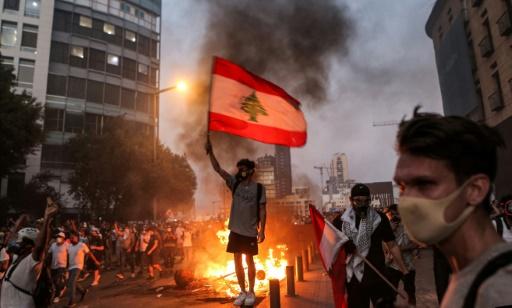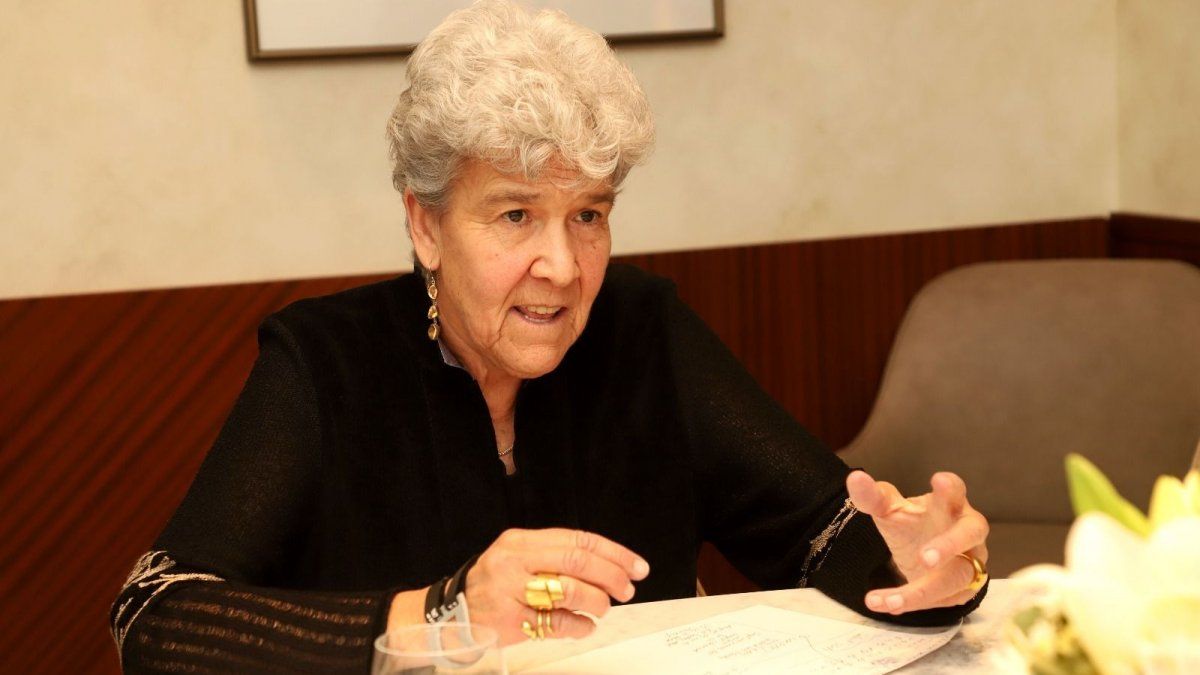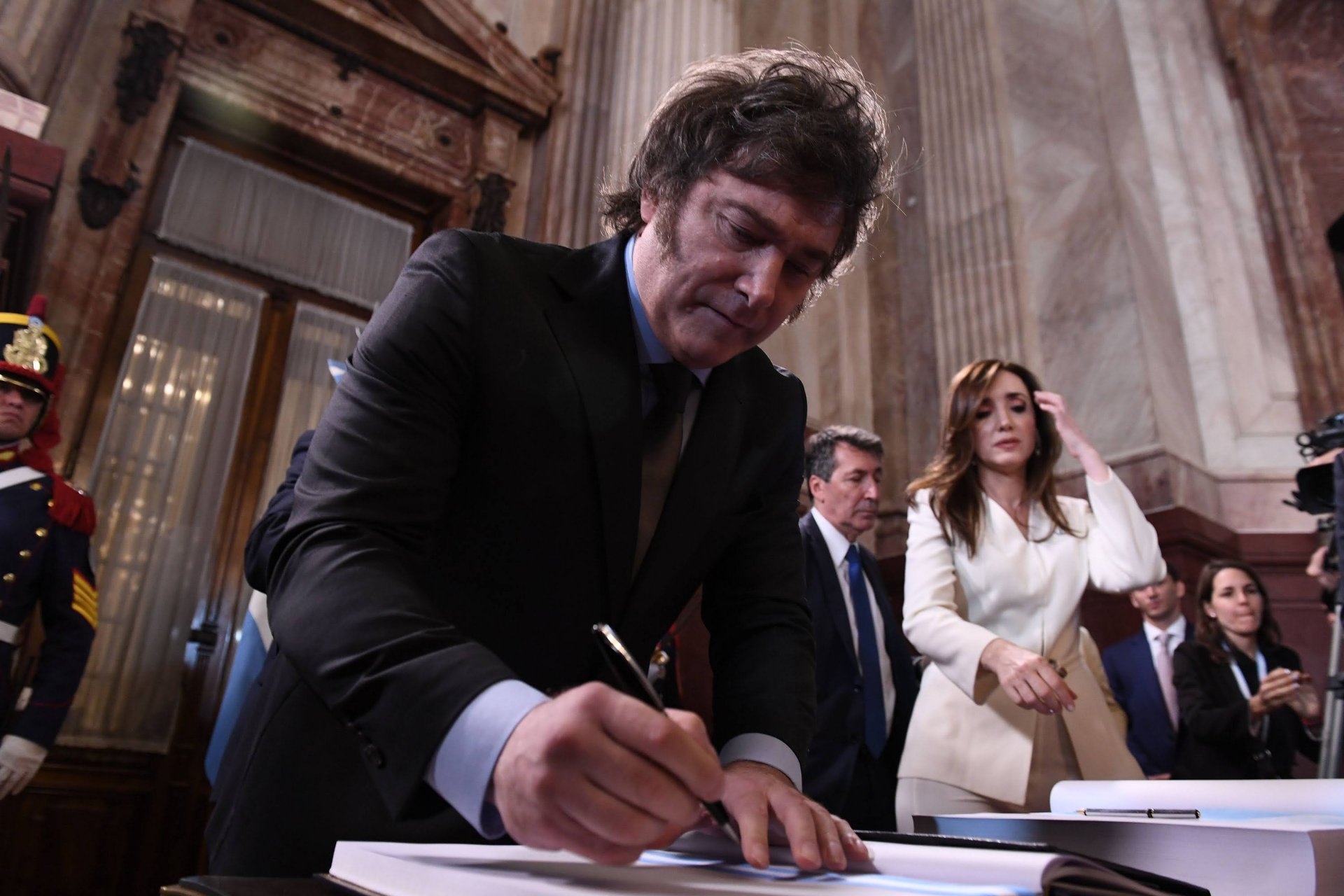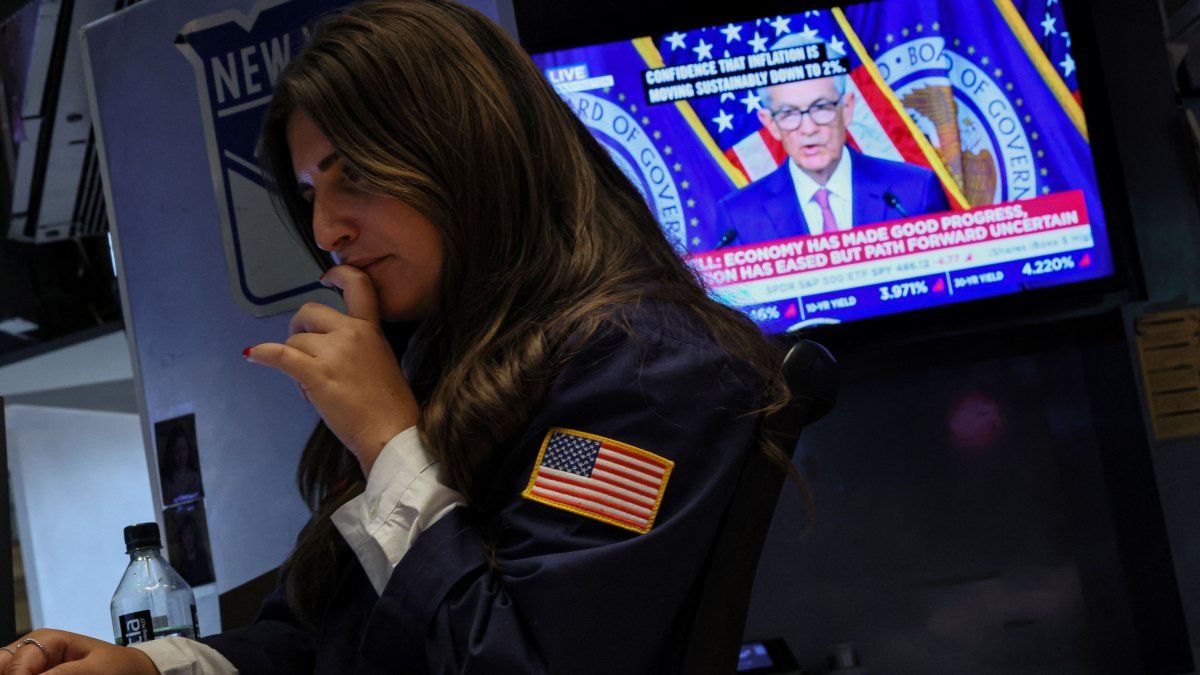International Monetary Fund warns that social unrest threatens economic recovery in the Middle East

This content was published on Oct 19, 2021 – 14:44
(AFP)
The International Monetary Fund warned AFP on Tuesday that the economy in the Middle East and North Africa is recovering, led by the Gulf countries, but the escalation of social tension threatens the most fragile countries.
The region, which includes Arab countries and Iran excluding Israel, saw real GDP growth contract by 3.2% in 2020, due to the COVID-19 pandemic and lower oil prices.
“Since the beginning of the year, we have seen an improvement in the economic situation,” Jihad Azour, director of the Middle East and Central Asia region at the International Monetary Fund, told AFP.
Thanks to rapid vaccination campaigns, especially in wealthy Gulf states, GDP growth could reach 4.1% this year, according to the Washington-based international institution.
“Of course, this recovery is not the same in all countries. It is uneven due to the difference in vaccination campaigns and uncertain due to recent developments,” he added, referring to the rise in prices of basic products and uncertainty about the global financial situation or geopolitical changes.
The International Monetary Fund, in its latest Regional Economic Prospects report published in October, highlighted the improvement of oil-exporting countries thanks to higher crude oil prices.
However, for low-income countries, recovery is more uncertain. He said the “increased social unrest” in 2021 “could be exacerbated by recurrent waves of infection (from Covid-19), catastrophic economic conditions, high unemployment or food prices.”
– Seven million new poor –
In recent years, several countries have been the scene of popular revolts against their political elites, accused of incompetence and corruption, such as in Lebanon, Iraq and Iran.
Lebanon is going through a particularly serious crisis, described by the World Bank as one of the worst since the mid-19th century, with nearly 80% of the population living below the poverty line. The International Monetary Fund entered into “technical negotiations” with the Lebanese authorities, but the discussions reached a dead end due to political instability.
Regionally, about seven million more people were recorded living in extreme poverty in the period 2020-2021, compared to projections made before the crisis, the IMF notes.
With rising oil and food prices, inflation in the region will reach 12.9% in 2021, compared to 10.4% last year.
According to the IMF, “Inequality is on the rise. Low-skilled people, youth, women and migrant workers have been hardest hit by the pandemic, as well as small businesses.”
If large companies return to pre-pandemic levels, small structures will take longer to recover.
The International Monetary Fund warned that “about 15% to 25% of companies may have to restructure or liquidate.”

“Award-winning zombie scholar. Music practitioner. Food expert. Troublemaker.”

/cloudfront-eu-central-1.images.arcpublishing.com/prisa/X33WQ3GSYFF3DBKJDAVIGHN3DA.jpg)





:quality(70)/cloudfront-us-east-1.images.arcpublishing.com/elfinanciero/YDG4472QRJGMPHNKW6S4XD76GI.jpeg)


